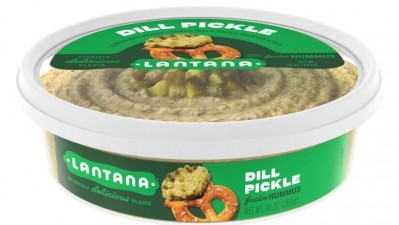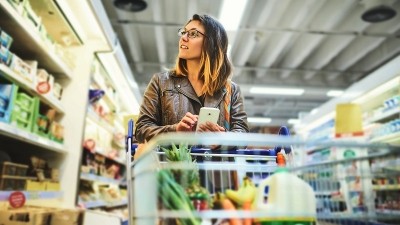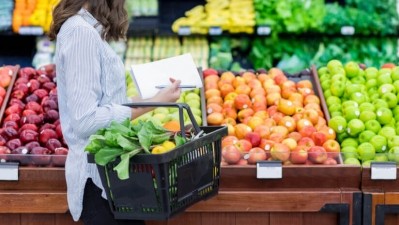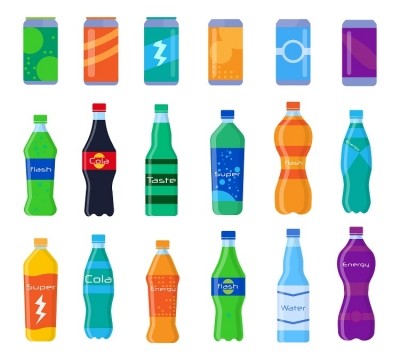Fresh Inset’s packaging technology aims to reduce food waste, improve produce longevity on shelves
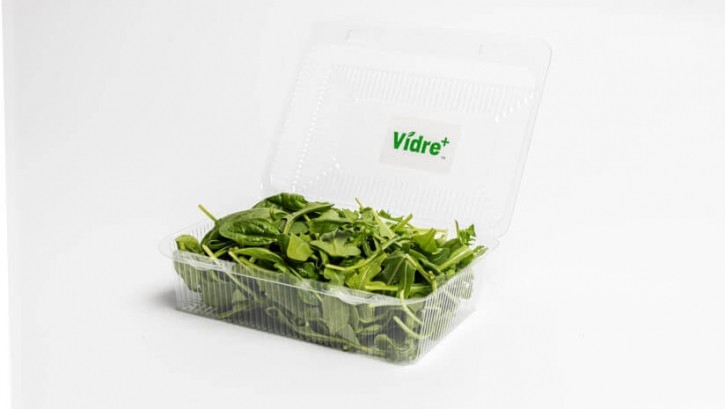
Vidre+ Complex, which is applied as a sticker or printed on the surface of packaging, attaches to ethylene receptors on fruits and vegetables, to prevent ethylene-induced spoilage through a gradual release of 1-methlycyclopropene (1-MCP) over 24-30 hours, unlike previous methods that release the compound quickly and ineffectively, Frye explained.
Vidre+ slowly releases 1-MCP, a compound most commonly used to keep apples fresh in storage, to preserve a wider variety of produce, including arugula, raspberries, blueberries and spinach, among others, Frye said
While the rate of freshness depends on the produce variety, Vidre+ can help reduce degradation by “multiple days,” he said.
“We provide intelligence around deploying [Vidre+] on specific crops so that we can target specific crops and specific pack sizes with the appropriate level of science. … The beauty of what we are doing is … flexibility,” he added.
Fresh Inset received from FDA a ‘no questions letter’ for its Generally Recognized as Safe (GRAS) notification (GRN 115) for Vidre+. The technology is currently in the early stages of commercialization in North America and Frye predicts that it will show promise in both retail and food service supply chains.
Frye: Extending freshness across the supply chain to the end consumer helps minimize food, packaging waste
Frye pointed out that because the technology is applied as a sticker or directly on to packaging, it minimizes disruption to existing inventory and offers a benefit for growers, packers, shippers, retailers and consumers by reducing food waste and maintaining produce quality. Frye highlights that growers, packers and shippers have greater flexibility in meeting retailers’ product specifications and consumers’ expectations for fresh produce.
“If you can extend the number of days that produce will last, then it benefits each of those entities along the way,” he said.
According to the company, Vidre+ stickers can be “tailored to optimize size and dose rate” for ethylene-sensitive produce in a variety of packaging options, including cardboard boxes, bags, trays and clamshells. Vidre+ can also be integrated into materials like polyethylene (PE), polypropylene (PP), polyethylene terephthalate (PET) films and cardboard, “without creating additional landfill waste,” the company stated.
“Most of these companies already have their packaging created. They have an inventory of packaging. They have an inventory of labels that they want to use. … Now what we can do is we can help make [their] current inventory of packaging functional, and then we can work with [them] and [their] supplier to incorporate Vidre+ technology into future iterations of [their] packaging,” Frye said.
